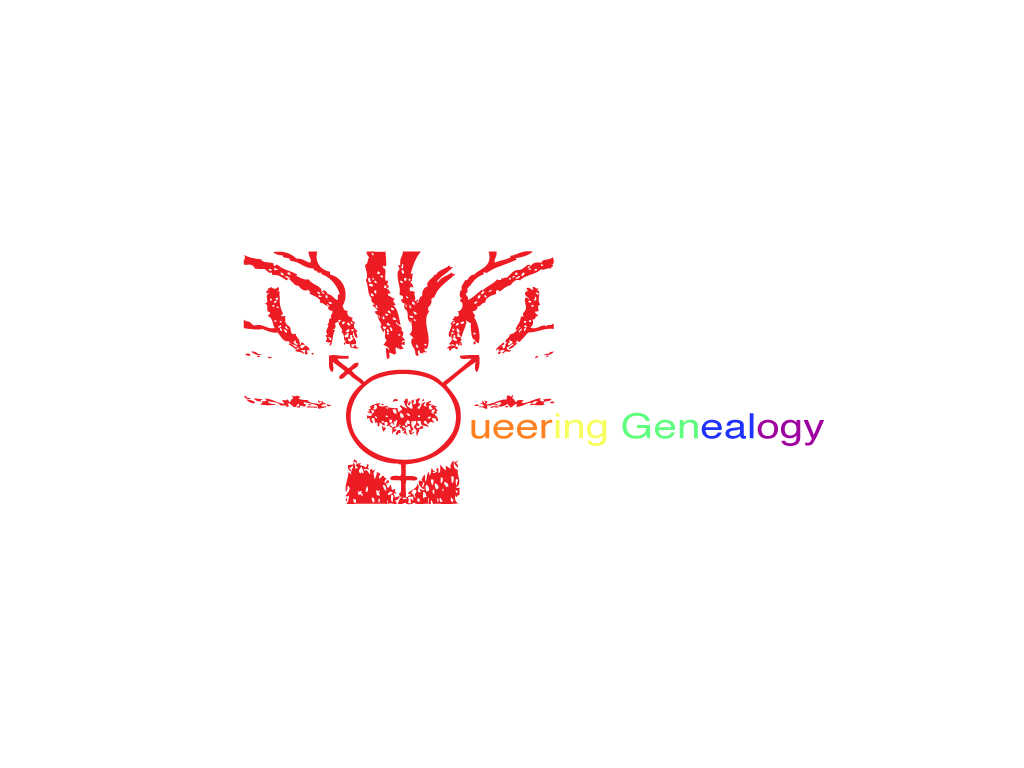Hey all,
In this post, I would like to think about vulnerability, especially with regards to the LBGTIQ community being considered a community that has been portrayed, throughout the media, and adheres to the idea that it is essentially a group that is 'vulnerable'. But first, the context.
As I was doing my usual - i.e. sending e-mails off to people who are actually important, and have real life responsibilities other than to humour an undergraduate doing a project - I encountered a very interesting person who, levied a rather interesting question:
"why are you seeking to protect anonymity? Does this not imply that the 'group' you are researching is vulnerable, disempowered and needs protection?"
Throughout all my e-mails and interactions with people regarding the project, I have always hastened to reassure them of their anonymity, chucking words like 'pseudonyms' at them and using phrases like 'your identity will be hidden', 'no one will know' etc... as if they have a disease that no one wishes to make a public claim to have, and i'm exposing their story whilst keeping them under the shroud of normality. In retrospect, I understand this interpretation to be a little hyperbolic, but the issue remains the same. Should we consider members of the LGBTIQ community vulnerable?
I remember my original answer to this was a little staggered, fumbly and unkempt. So i'm going to try and readdress the question with a little more coherence and less spelling errors. As I am a very busy being important (I.e. I have to dedicate time to twitter and facebook, these are both very busying and important social practices!) I will spare you the essay length response (this has nothing to do with the fact that It is a Saturday and I'm currently Inside watching it be sunny outside).
Firstly, I feel it is important to address why there is this conception that the LGBTIQ community and all of its affiliates are vulnerable. There have been countless studies, such as Ryan & Rivers (2003) who investigated the instances of depression, anxieties, lack of self-esteem issues, and often violent retributions and suicidal attempts as a result of the societal pressures to stay as close to the hegemonic norms as possible. Rivers suggested these insecurities are fortified within us in our youth (2002) suggesting people who come out have to "consider how their choices will impact on the quality of their lives, those of their friends, and indeed, those of their friends". Which, I would suggest, would be the first instance of registering the epistemological response to anything that counters the normative values of society. Sparing the details, these values are reaffirmed at the home (see, Hines & Malley-Morrison, 2005), at school (see, Plummer, 1999) and perhaps mostly through media (see, Nardi & Bolton, 1998)) Through recycling stereotypical representations of homosexuality, or portraying stories of LGBTIQ oriented people having to battle through all odds and seekacceptance from a group of people who have the power to bestow upon them the honour of standing them on a less than equal slope all because they conform more directly the hetereonormative values that are dominant in our contemporary society.
So, there is cause to reason why there may be some onus on the idea that there may be some who feel vulnerable when there are unsympathetic stories circulating of yet another Gay-Bashing incident, or acts of discrimination happening left right and centre. HOWEVER (and this is a big however) for fear of contributing to the existing media that should make people more paranoid about leaving their own homes. Given the current advances in LGBTQ rights globally (GO ARGENTINA) and locally (Muslim, Gay and HAPPY!, No need to ask or tell, Gay Adoption etc...) and there is an increasing amount of representations of LGBTQ identified members of the community in Mainstream media. These examples would lead us all to think that the LGBTIQ voice has become so awesomely powerful, by automatically assuming people would want to take cover and to hide their anonymity in a research project like this would surely reaffirm the negative press mentioned earlier surrounding the community.
I concluded, that by offering people the shelter of anonymity, especially those who have had first hand experience with homophobic actions, I am not just going to get people who are well adjusted, who probably have had very positive experiences whilst coming out, and see no traumas in their immediate world. I am also more likely going to have individuals who have had negative experiences actively come to me and offer their stories to share, to contribute to the diverse and varied array of experiences that each individual has come across within the community. After all, each and every life is different. So I guess I am saying it is not that the LGBTIQ community that is vulnerable purse, people are.
Thanks for wading through that, I am going to post a progress report soon (possibly now?) so watch this space!

No comments:
Post a Comment